Insect Meal
Most of the fish we keep in aquaria are not fish eaters – and yet the foods we give them are based on fishmeal.
Surely there is something wrong with this?
Natural Formula with Insect Meal
FishScience has produced a new range of aquarium fish foods that use Insect Meal to replace all or most of the fish based ingredients. Insect meal is a fantastic new ingredient that is cultured in Europe and provides a host of benefits including:
- It is eagerly eaten by the fish. After all most tropical fish species and all goldfish naturally eat insects either from the water surface or by consuming their aquatic larvae.
- Fish have evolved over millions of years to digest and process insects. Not surprisingly the Insect Meal based foods are easily digested and result in less waste – and therefore cleaner tanks and reduced maintenance.
- It reduces the use of fishmeal, an ingredient which is usually taken from the sea. So it provides an environmentally friendly and sustainable source of proteins.
In the FishScience Goldfish Foods it has been possible to completely replace fishmeal with the insect meal. The foods still contain salmon oil because of its invaluable omega oil content. In the Tropical Fish Foods reduced amounts of fishmeal and fish hydrolysate remain in the recipes. There are many species of fish kept in a tropical aquarium, and we found that some fish performed better with a small amount of fish protein in their diet.
Key Facts About Insect Meal
FishScience uses insect meal that is made from Black Soldier Flies, which are cultured in Holland.
- Black Soldier Flies are cultured on waste fruit, vegetables and other organic waste
- Greater than 10 x lower emissions when compared with conventional livestock rearing
- Efficient food conversion when compared to other protein production:
- 1.5kg food produces 1kg of insects
- 5kg food produces 1kg of pork
- 8kg food produces 1 kg of beef
- Reduces the use of Fishmeal. Most fishmeal is produced directly from fish caught in the sea
- Very limited environmental impact – odourless, controlled and virtually waste free
